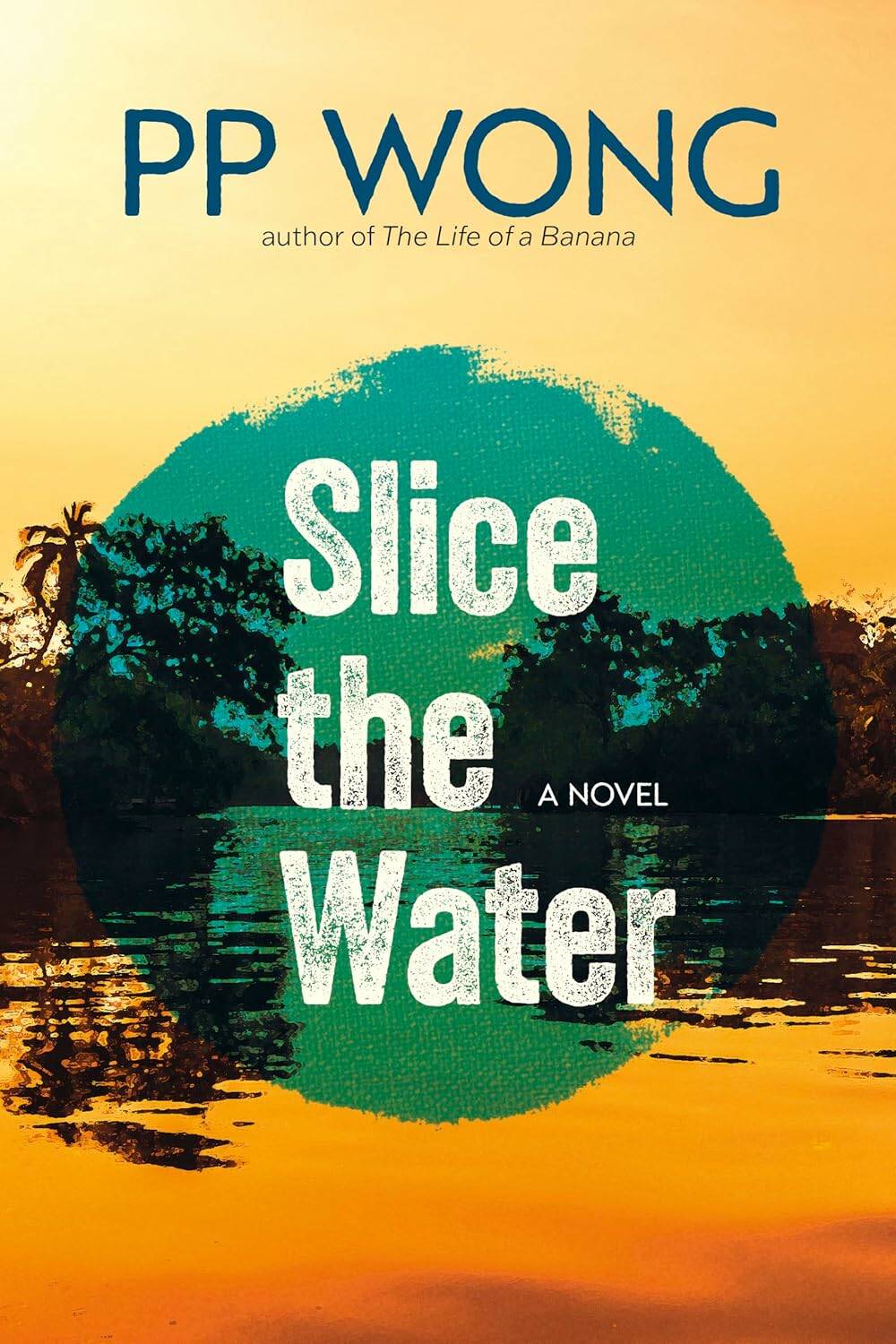Familiar fodder in dystopian coming-of-age novel
Advertisement
Read this article for free:
or
Already have an account? Log in here »
To continue reading, please subscribe:
Monthly Digital Subscription
$0 for the first 4 weeks*
- Enjoy unlimited reading on winnipegfreepress.com
- Read the E-Edition, our digital replica newspaper
- Access News Break, our award-winning app
- Play interactive puzzles
*No charge for 4 weeks then price increases to the regular rate of $19.95 plus GST every four weeks. Offer available to new and qualified returning subscribers only. Cancel any time.
Monthly Digital Subscription
$4.99/week*
- Enjoy unlimited reading on winnipegfreepress.com
- Read the E-Edition, our digital replica newspaper
- Access News Break, our award-winning app
- Play interactive puzzles
*Billed as $19.95 plus GST every four weeks. Cancel any time.
To continue reading, please subscribe:
Add Free Press access to your Brandon Sun subscription for only an additional
$1 for the first 4 weeks*
*Your next subscription payment will increase by $1.00 and you will be charged $16.99 plus GST for four weeks. After four weeks, your payment will increase to $23.99 plus GST every four weeks.
Read unlimited articles for free today:
or
Already have an account? Log in here »
“I was sixteen years old when the King pulped our books.”
In 2025, we’ve seen mass book-bannings in Alberta and a leader south of the border who has called himself a “king.” If the best dystopian fiction reflects the world we live in, Vancouver-based author PP Wong’s second novel does this with one chilling introductory line.
Thankfully, the author’s coming-of-age story lives up to its opening, with strong world-building — despite a relatively slim 264 pages — and characters you can actually care about.

Slice the Water
Fred, the story’s narrator, lives in a fishing village in a small island country called Mahana. His land is ruled by a King with expectations and demands designed to set citizens up for failure.
Women and girls of certain ages are expected to give birth to a certain number of children in a specific timeframe. If they don’t, their families will lose significant food rations.
Not catching enough fish can also lead to punishment, as can owning books, a crime Fred sees his grandmother commit.
Not long after his father shows Fred an even darker side of their society, he disappears and is feared to be dead. Soon Fred, his freedom-fighting uncle TK and some friends go on a quest to find him.
This soon leads Fred to another world — one closer to ours, but still frighteningly unfair.
Speculative fiction is a new genre for Wong, who was born in the U.K. and has lived in Singapore. Her previous novel — a more contemporary tale of race relations called The Life of a Banana — was nominated for the Women’s Prize for Fiction in 2015.
Part of what makes Slice the Water work is a brisk pace that still takes its time in its more meaningful moments.
Wong’s narrator also frequently and repeatedly uses Mahanian slang. At first this can be distracting, but there’s never a question of meaning when Fred says, “my heart um-tum against my ribcage” or “I stood in the corner, watching him, keeping sticklip.” Soon, Wong’s playful language gives a unique rhythm to her storytelling.
Her story calls to mind classic science fiction works such as Ray Bradbury’s Fahrenheit 451 and Aldous Huxley’s Brave New World, as well as contemporary young adult fiction such as Suzanne Collins’ The Hunger Games series.
While it’s hard not to make these comparisons while reading any story about a dystopian future, Wong’s novel never feels too derivative. There have been many books in this genre released in recent years, and this one feels like one of the more successful attempts.
The only real drawback is a fairly abrupt ending, although it does leave room for more stories in the world of Mahana — which, given the trends in the genre, may have been intentional.
Alan MacKenzie is a Winnipeg-based writer.


